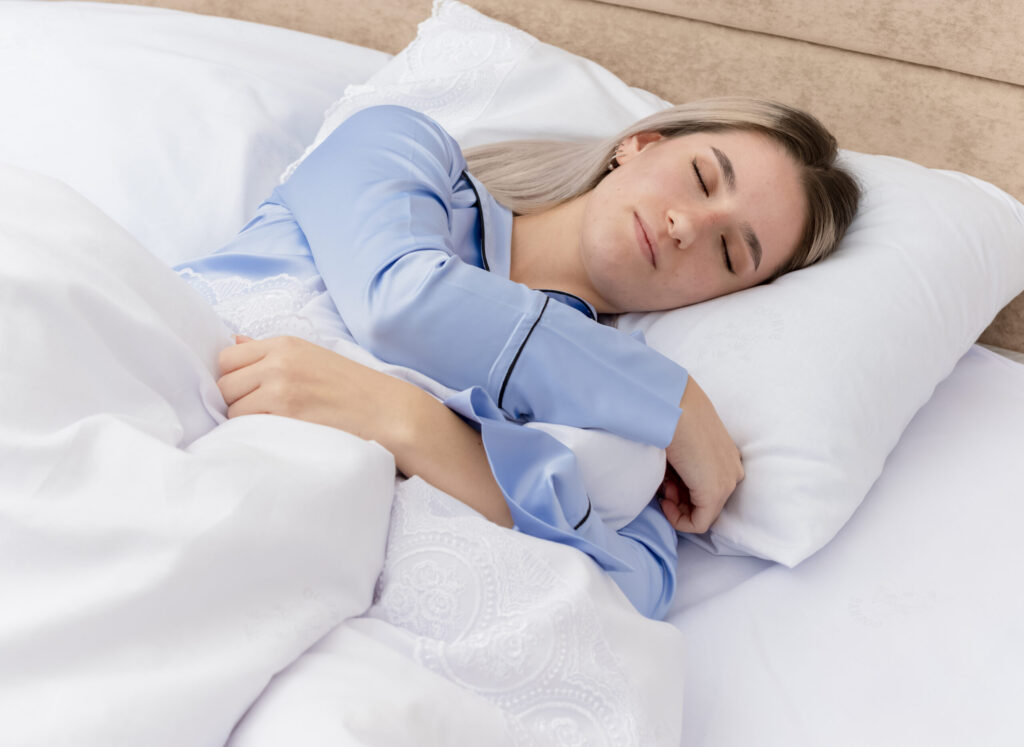Quality sleep is a cornerstone of physical rehabilitation, playing a pivotal role in the body’s ability to heal and recover. At ELEV8 Wellness and Health, we recognise the critical interplay between sleep and recovery, particularly for individuals navigating physiotherapy and chronic pain management. By addressing sleep health alongside physical rehabilitation, we aim to enhance recovery outcomes and improve overall well-being.

The Science Behind Sleep and Recovery
Sleep is essential for the body’s restorative processes. During deep sleep, the body engages in tissue repair, muscle growth, and the release of growth hormones. For individuals undergoing physiotherapy, these processes are integral to repairing damaged tissues and regaining strength. Conversely, insufficient or poor-quality sleep can slow recovery, exacerbate pain, and hinder progress in rehabilitation.
Sleep and Chronic Pain Management
Chronic pain often disrupts sleep, creating a cycle where poor sleep exacerbates pain sensitivity and impairs the body’s ability to heal. Addressing this cycle is crucial in chronic pain management. At ELEV8 Wellness and Health, we incorporate holistic strategies to improve sleep quality as part of our multidisciplinary approach to pain management. These strategies may include relaxation techniques, mindfulness practices, and tailored exercise programs that promote better sleep patterns.
The Role of Physiotherapy in Promoting Sleep
Physiotherapy not only aids in physical recovery but also supports better sleep. Regular physical activity, guided by a physiotherapist, can help regulate the sleep-wake cycle and reduce pain levels, making it easier for individuals to achieve restorative sleep. Our physiotherapists at ELEV8 Wellness and Health design personalised programs that consider the unique needs of each client, ensuring that their rehabilitation journey supports both physical and sleep health.
Practical Tips for Enhancing Sleep During Rehabilitation
For individuals in rehabilitation, adopting good sleep hygiene practices can significantly impact recovery outcomes. Key recommendations include:
- Maintaining a Consistent Sleep Schedule: Going to bed and waking up at the same time each day helps regulate the body’s internal clock.
- Creating a Sleep-Conducive Environment: A dark, quiet, and cool room can promote better sleep quality.
- Limiting Screen Time Before Bed: Reducing exposure to screens helps prevent disruptions to the sleep-wake cycle.
- Incorporating Relaxation Techniques: Practices such as deep breathing, progressive muscle relaxation, or meditation can prepare the body and mind for sleep.
- Balancing Activity Levels: Engaging in regular, moderate exercise during the day can improve sleep quality, but vigorous activity close to bedtime should be avoided.
ELEV8 Wellness and Health’s Commitment to Holistic Recovery
At ELEV8 Wellness and Health, we understand that optimal recovery requires addressing the interconnected aspects of physical and mental health. By integrating sleep health into our rehabilitation programs, we empower clients to achieve better outcomes. Our team of experts provides education, guidance, and support to help individuals establish healthy sleep habits that complement their rehabilitation efforts.
Conclusion
Sleep is not merely a passive state but an active component of the recovery process. By prioritising sleep health, individuals can enhance their physical rehabilitation and overall well-being. At ELEV8 Wellness and Health, we are dedicated to providing comprehensive care that recognises the vital role of quality sleep in achieving sustainable recovery. Together, we can help clients rest, recover, and thrive.



